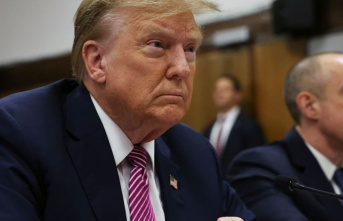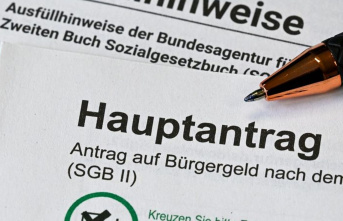Friday's sanctions relief for Iran's nuclear program was restored by the Biden administration as talks to save the 2015 nuclear deal entered , a crucial phase.
The Secretary of State Antony Blinken signed several waivers relating to Iran's civilian nuclear activity as the U.S. negotiators return to Vienna. This is a reverse of the Trump administration's decision not to revoke them.
These waivers are meant to encourage Iran to comply with 2015 agreement that it has been breaking since Trump's withdrawal in 2018. In 2018, the United States reimposed sanctions on Iran. Iran claims it isn't complying with the terms of the agreement because the U.S. pulled it out first. Iran demanded that all the sanctions relief promised by the deal be restored to ensure compliance.
Friday's action lifts sanctions against countries and companies from Russia and China that have been cooperating under the 2015 agreement, also known as the Joint Comprehensive Plan of Action (or JCPOA).
Trump's administration had terminated the so-called "civ nuke" waivers in May 2020. This was part of its "maximum Pressure" campaign against Iran. It began in 2018 when Trump pulled the U.S. out of the deal. He claimed that it was the worst diplomatic arrangement ever negotiated and that it gave Iran the opportunity to develop the bomb.
Joe Biden, a presidential candidate, made it a priority to see the United States return to the nuclear agreement. His administration has worked hard toward this goal, but little has happened since he assumed office one year ago. Officials from the Administration said that waivers are being restored in order to push forward the Vienna negotiations.
The waiver regarding these activities was made to facilitate talks that would lead to a mutual return of full implementation of JCPOA. It also laid the foundation for Iran's return of performance of its JCPOA obligations," the State Department stated in a notice to Congress.
The department stated that the document was also intended to protect U.S. nuclear safety and nonproliferation interests, and limit Iran's nuclear activities. It is not being issued pursuant to any commitment or part of a qud pro quo. We are focusing on working with allies and partners to counter Iran's full range of threats.
The Associated Press obtained a copy of the State Department notice as well as the waivers signed by Blinken.
These waivers allow foreign companies and countries to participate in civilian projects at Iran’s Bushehr nuclear power plant, Arak heavy-water plant, and Tehran Research Reactor. In May 2020, former Secretary of State Mike Pompeo revoked waivers, accusing Iran "nuclear exortion" for continuing or expanding work at these sites.
Trump's critics of the nuclear agreement who tried to pull out protested. They argued that the Biden administration should demand concessions from Iran even if it wants to revert to the 2015 deal.
Rich Goldberg, a prominent deal opponent and senior advisor to the hawkish Foundation for Defense of Democracies, stated that they appear desperate from a negotiation perspective.
A senior State Department official who was familiar with the waivers said that it is not a concession to Iran and was being done "in our vital national interests as well as those of the region and of the world." He spoke under condition of anonymity.











